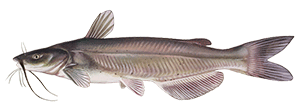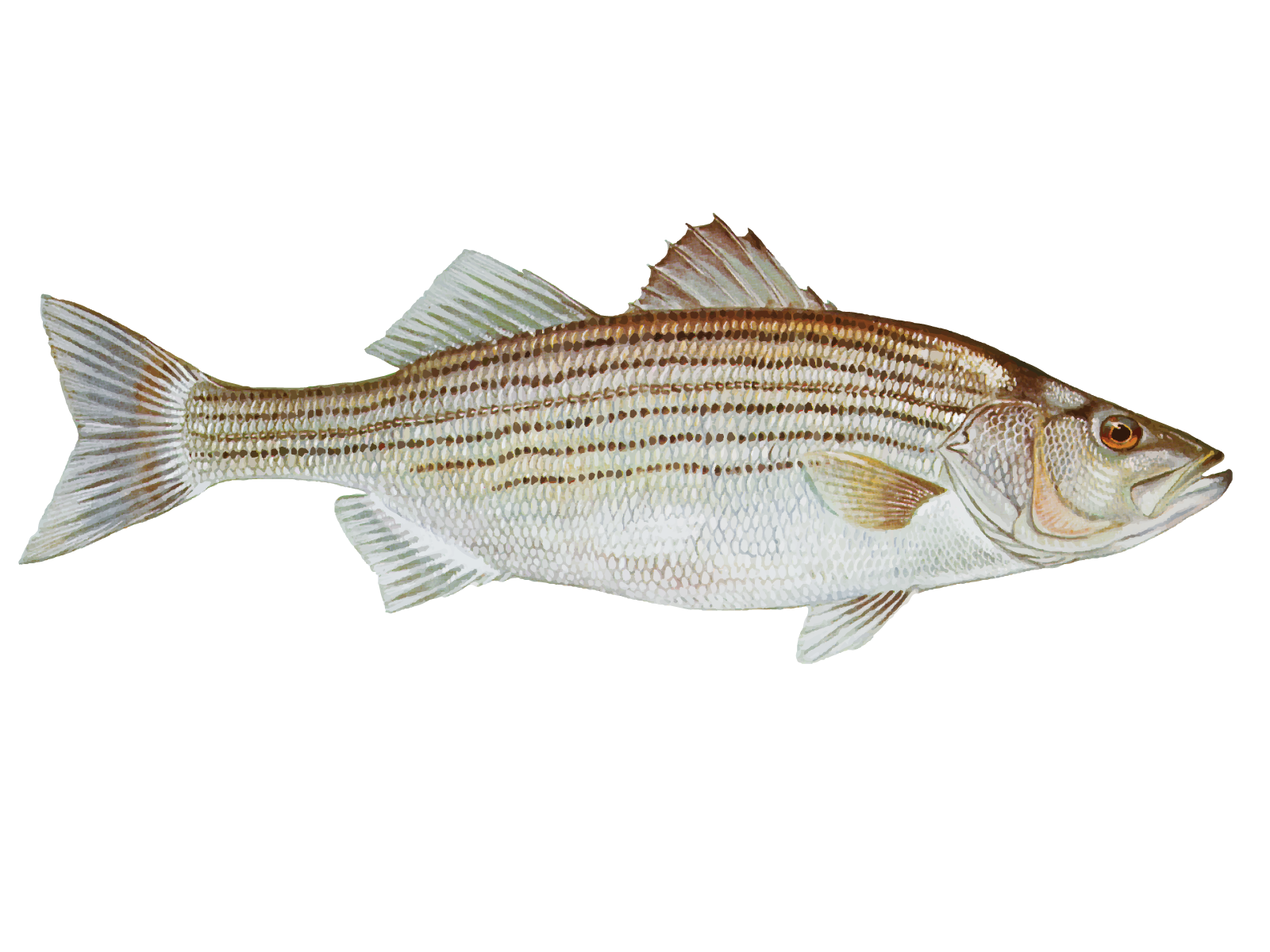//users/b8385287-45f0-42a0-a910-ab4c689e4dbc/ratecard/1a5ecc25-415f-4599-8d5b-fa97a46047dd.jpg)
%2Ffit-in%2F300x300%2Fusers%2Fb8385287-45f0-42a0-a910-ab4c689e4dbc%2Fratecard%2F1a5ecc25-415f-4599-8d5b-fa97a46047dd.jpg&w=256&q=75)
%2F300x300%2Fusers%2Fb8385287-45f0-42a0-a910-ab4c689e4dbc%2Fimages%2Fstriped-bass-catfish-fishing-ok-2731.jpg&w=256&q=75)
%2F300x300%2Fusers%2Fb8385287-45f0-42a0-a910-ab4c689e4dbc%2Fimages%2Fbest-great-fishing-outing-ok-2347.jpg&w=256&q=75)
%2F300x300%2Fusers%2Fb8385287-45f0-42a0-a910-ab4c689e4dbc%2Fimages%2Ffishing-outing-madill-2631.jpg&w=256&q=75)
%2F300x300%2Fusers%2Fb8385287-45f0-42a0-a910-ab4c689e4dbc%2Fimages%2Fbest-striped-bass-madill-2663.jpg&w=256&q=75)
%2F300x300%2Fusers%2Fb8385287-45f0-42a0-a910-ab4c689e4dbc%2Fimages%2Ffishing-madill-2603.jpg&w=256&q=75)
%2F300x300%2Fusers%2Fb8385287-45f0-42a0-a910-ab4c689e4dbc%2Fimages%2Fstriped-fish-catch-madill-dock-5980.png&w=256&q=75)
%2F300x300%2Fusers%2Fb8385287-45f0-42a0-a910-ab4c689e4dbc%2Fimages%2Ffish-finder-sonar-readings-madill-6046.png&w=256&q=75)
%2F300x300%2Fusers%2Fb8385287-45f0-42a0-a910-ab4c689e4dbc%2Fimages%2Ffish-finder-sonar-madill-oklahoma-6236.png&w=256&q=75)
%2F300x300%2Fusers%2Fb8385287-45f0-42a0-a910-ab4c689e4dbc%2Fimages%2Fchannel-catfish-catch-madill-lake-6042.png&w=256&q=75)
%2F300x300%2Fusers%2Fb8385287-45f0-42a0-a910-ab4c689e4dbc%2Fimages%2Ffish-finder-sonar-screen-madill-3292.png&w=256&q=75)
Premier Lake Texoma Winter Catfish & Striper Trip
What you will be catching:
 Blue Catfish
Blue Catfish Channel Catfish
Channel Catfish Flathead Catfish
Flathead Catfish Striped Bass
Striped Bass
Trip Pricing and Availabilities :
No trip pricing information available at this time.
Winter Combo Trip on Lake Texoma
When the water temps drop and most folks hang up their rods, that's when Lake Texoma really starts to shine for serious anglers. Our Winter Combo Trip gives you the best of both worlds – chasing stripers and landing some monster catfish all in one day. I've been working these waters for years, and there's something special about winter fishing here. The fish are hungry, the crowds are gone, and you've got a real shot at landing something worth bragging about. We'll hit the water shortly after sunrise when conditions are prime, and I'll have all the gear you need ready to go. Whether you're new to this or you've been fishing since you could hold a rod, this trip is designed to put fish in the boat.
What to Expect on the Water
This isn't your typical one-trick fishing trip. We start early by setting juglines for catfish, then spend our time bouncing between striper action and checking those lines. It's a smart way to maximize your chances – while we're working one species, the other is potentially working for us. I'll have you casting sassy shads for those winter stripers, or we might go with live bait depending on what they're hitting. The deadsticking technique is money this time of year when the fish are lethargic and want an easy meal. Now, if juglines aren't your thing, we can skip them entirely and focus on drift fishing. That's where the magic happens for big blue cats – these winter giants are feeding deep, and drift fishing puts you right in their strike zone. Lake Texoma's structure and current make it perfect for this approach, and I know exactly where these fish like to hang out when the mercury drops.
Gear and Techniques
All the tackle and gear is on me, so you just need to show up ready to fish. For stripers, we'll be using medium to heavy action rods that can handle these fighters when they make their runs. The sassy shad is a go-to lure here – it mimics the baitfish these stripers are keyed in on during winter months. When we're deadsticking, we're basically letting the bait do all the work, keeping it still and letting the fish come to us. It takes patience, but it's deadly effective when the water's cold. For catfish, we're talking about serious tackle. These blue cats can push 40, 50, even 60 pounds, so we need gear that can handle the fight. The juglines are set strategically in areas where cats are known to cruise, and drift fishing allows us to cover water efficiently while keeping bait in the strike zone. I'll teach you how to read the electronics, feel the bottom structure, and recognize when a fish is mouthing your bait versus when it's time to set the hook hard.
Top Catches This Season
Striped Bass are the bread and butter of Lake Texoma, and winter is when these fish really put on the feed bag. They're schooling up and chasing shad in deeper water, typically running anywhere from 3 to 15 pounds, with the occasional 20-pounder that'll test your drag system. What makes stripers so exciting is their fight – they'll make long runs, jump, and generally give you everything they've got. Winter stripers are also some of the best eating fish you'll find, as the cold water keeps their meat firm and flaky. Channel Catfish are steady producers year-round, but winter fishing can be exceptional. These cats range from 2 to 8 pounds typically, and they're scrappy fighters that know how to use the current to their advantage. They're perfect for newer anglers since they bite consistently and don't require the finesse of some other species. Blue Catfish are the monsters we're really after. Lake Texoma is famous for its blue cat population, and winter is prime time to hook into a fish of a lifetime. These bruisers commonly hit 20 to 40 pounds, with giants pushing 60 pounds or more. They fight deep and hard, using their weight and the lake's current to test every knot and connection. Flathead Catfish are the wild cards of the trip. They're ambush predators that prefer live bait, and when one hits, you'll know it immediately. Flatheads in Texoma can easily reach 30 to 50 pounds, and their prehistoric appearance and bulldogging fight style make them a favorite among serious catfish anglers.
Time to Book Your Spot
Winter fishing on Lake Texoma isn't just about catching fish – it's about experiencing this legendary lake when it's at its best for big fish. The combination of striper action and catfish potential makes this trip a customer favorite, and there's a reason anglers keep coming back year after year. With only three spots available per trip, you're getting personalized attention and the kind of guide service that puts fish in the boat. I've got the local knowledge, the right gear, and the patience to make sure you have a productive day on the water, whether you're looking to learn new techniques or just want to catch some fish. Remember, deposits are non-refundable, so when you're ready to experience some of the best winter fishing in the region, don't wait too long to secure your date. Lake Texoma's winter fish are waiting, and this top-rated combo trip is your ticket to what could be the fishing experience of a lifetime.
Customer Review
Learn more about the species
Blue Catfish
Blue cats are the monsters of Lake Texoma - these slate-blue giants can push 50+ pounds and will absolutely test your tackle. They're the largest catfish species in North America and act like it. You'll find them in deep water near the main lake points and channels, especially where the current moves baitfish around. Winter is prime time since they pack on weight before spawn and school up in predictable areas. What makes them special is that raw power - a big blue will make runs that'll leave your arms aching. The meat quality is top-notch too, firm and mild. They're opportunistic feeders, crushing everything from cut bait to live shad. Here's the key: when targeting big blues in winter, fish heavy tackle with fresh cut bait right on the bottom and be patient - these fish move slow but bite hard when they commit.

Channel Catfish
Channel cats are the bread and butter of Texoma catfishing. Most run 2-8 pounds, but we see plenty in the teens during winter when they're feeding heavy before the spawn. They love muddy or rocky bottoms near structure - creek channels, timber, and drop-offs are prime spots. These fish are active year-round but winter can be outstanding since they school up tight. What guests love is they're great fighters for their size and absolutely delicious - sweet, flaky meat without any muddy taste. They'll hit everything from cut shad to stinkbait, but they're also smart enough to keep you guessing. Pro tip: in cold water, downsize your bait and fish it right on the bottom. Channel cats get finicky when it's chilly, so smaller pieces of fresh cut shad often out-produce big chunks.

Flathead Catfish
Flatheads are the apex predators of Texoma's catfish world. These olive-colored beasts with their trademark flat heads regularly hit 20-30 pounds, with monsters over 50 pounds lurking in the deep holes. Unlike other cats, they want live bait only - no stinkbait or cut stuff. Find them in deep creek channels, timber piles, and rocky ledges where they ambush prey. Summer nights are prime, but winter can produce when they stack up in the deeper holes. What sets them apart is they're pure fighters and have the best meat quality of any catfish - firm, white, and no muddy taste. They're picky eaters but when they hit, they mean business. Secret weapon: live bluegill or small channel cats fished tight to structure after dark. Let that bait swim naturally and when a flathead grabs it, give him a few seconds before setting the hook hard.

Striped Bass
Stripers in Texoma are landlocked but still pack serious power. These silver fish with their signature dark stripes typically run 20-40 pounds here, though bigger ones cruise the deeper waters. They're structure-oriented, so we find them around points, humps, and creek channels. Winter fishing can be fantastic since they school up and feed aggressively on shad before the cold really sets in. What makes them special is that hard pulling fight - they'll make multiple runs and test your drag. Plus, they're some of the best eating fish in the lake with that firm, white meat. Local tip: when we're deadsticking in winter, watch for that subtle tick in your rod tip - stripers often just mouth the bait before committing, so don't wait for a big run to set the hook.

%2Ffit-in%2F250x250%2Fguide_websites%2F1606%2Fimages%2Ftgs.png&w=1200&q=100)


%2Ffilters%3Aformat(webp)%2Fusers%2Fb8385287-45f0-42a0-a910-ab4c689e4dbc%2Fimages%2Ffish-finder-sonar-readings-madill-6046.png&w=768&q=75)
%2Ffilters%3Aformat(webp)%2Fusers%2Fb8385287-45f0-42a0-a910-ab4c689e4dbc%2Fimages%2Ffish-finder-sonar-madill-oklahoma-6236.png&w=768&q=75)
%2Ffilters%3Aformat(webp)%2Fusers%2Fb8385287-45f0-42a0-a910-ab4c689e4dbc%2Fimages%2Fchannel-catfish-catch-madill-lake-6042.png&w=768&q=75)
%2Ffilters%3Aformat(webp)%2Fusers%2Fb8385287-45f0-42a0-a910-ab4c689e4dbc%2Fimages%2Ffish-finder-sonar-screen-madill-3292.png&w=768&q=75)
%2Ffilters%3Aformat(webp)%2Fusers%2Fb8385287-45f0-42a0-a910-ab4c689e4dbc%2Fimages%2Fstriped-bass-catfish-fishing-ok-2731.jpg&w=768&q=75)
%2Ffilters%3Aformat(webp)%2Fusers%2Fb8385287-45f0-42a0-a910-ab4c689e4dbc%2Fimages%2Fbest-great-fishing-outing-ok-2347.jpg&w=768&q=75)
%2Ffilters%3Aformat(webp)%2Fusers%2Fb8385287-45f0-42a0-a910-ab4c689e4dbc%2Fimages%2Ffishing-outing-madill-2631.jpg&w=768&q=75)
%2Ffilters%3Aformat(webp)%2Fusers%2Fb8385287-45f0-42a0-a910-ab4c689e4dbc%2Fimages%2Fbest-striped-bass-madill-2663.jpg&w=768&q=75)
%2Ffilters%3Aformat(webp)%2Fusers%2Fb8385287-45f0-42a0-a910-ab4c689e4dbc%2Fimages%2Ffishing-madill-2603.jpg&w=768&q=75)
%2Ffilters%3Aformat(webp)%2Fusers%2Fb8385287-45f0-42a0-a910-ab4c689e4dbc%2Fimages%2Fstriped-fish-catch-madill-dock-5980.png&w=768&q=75)
